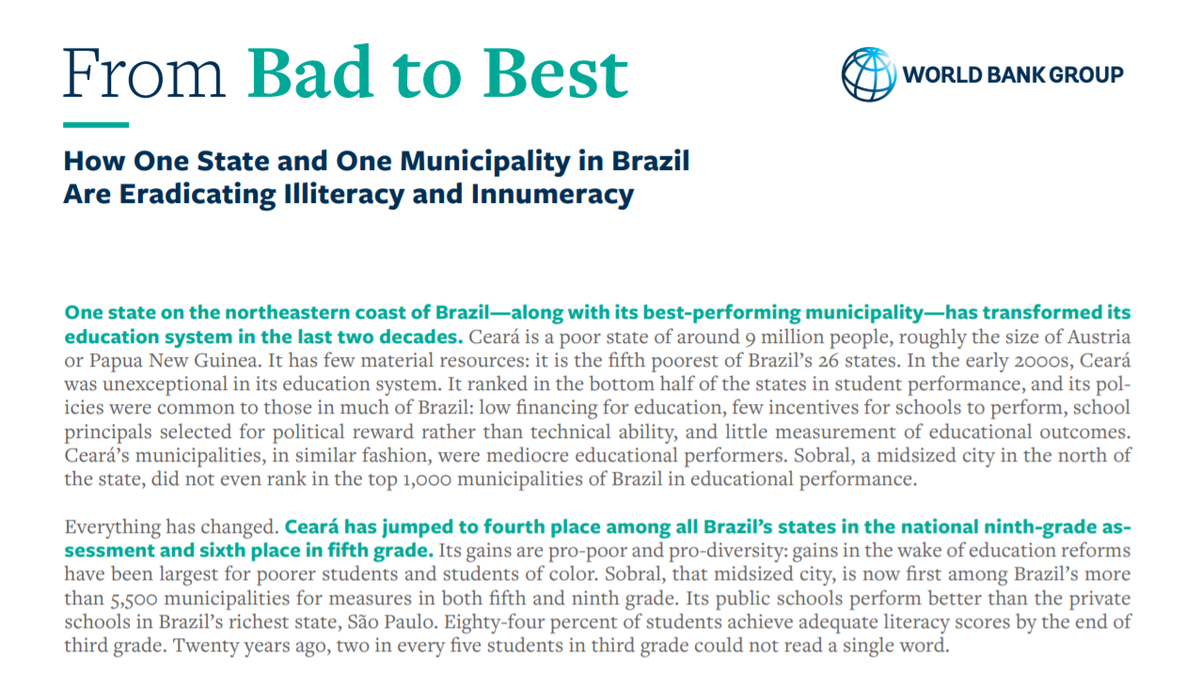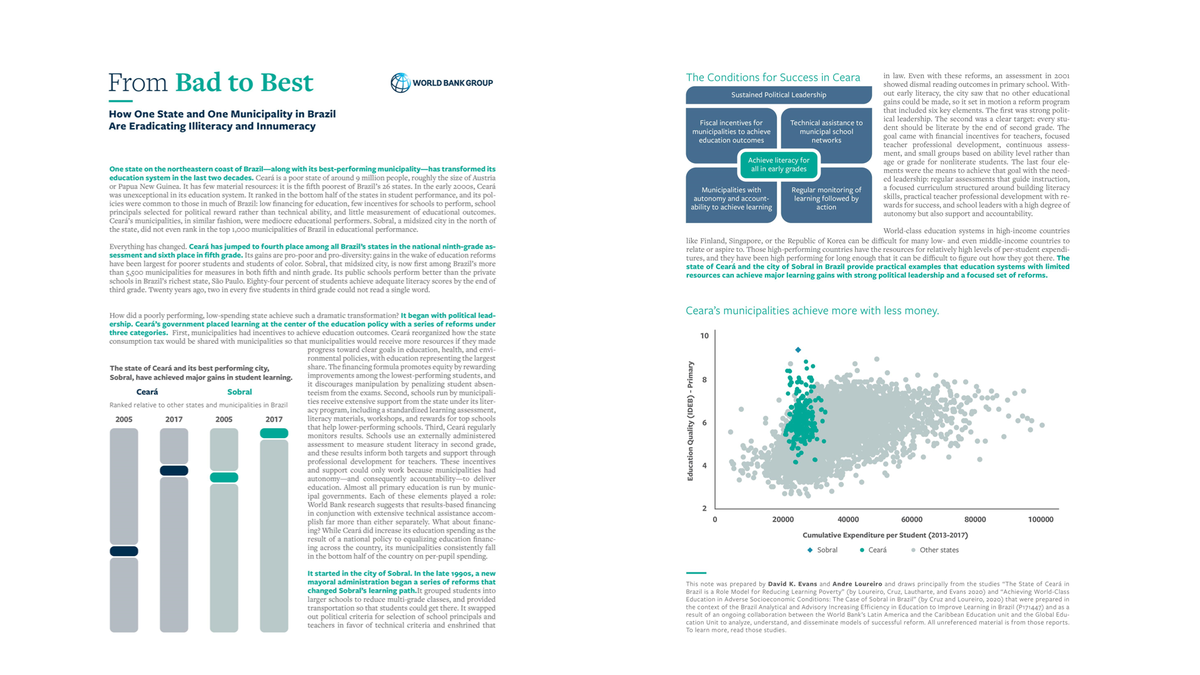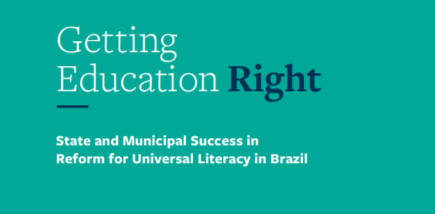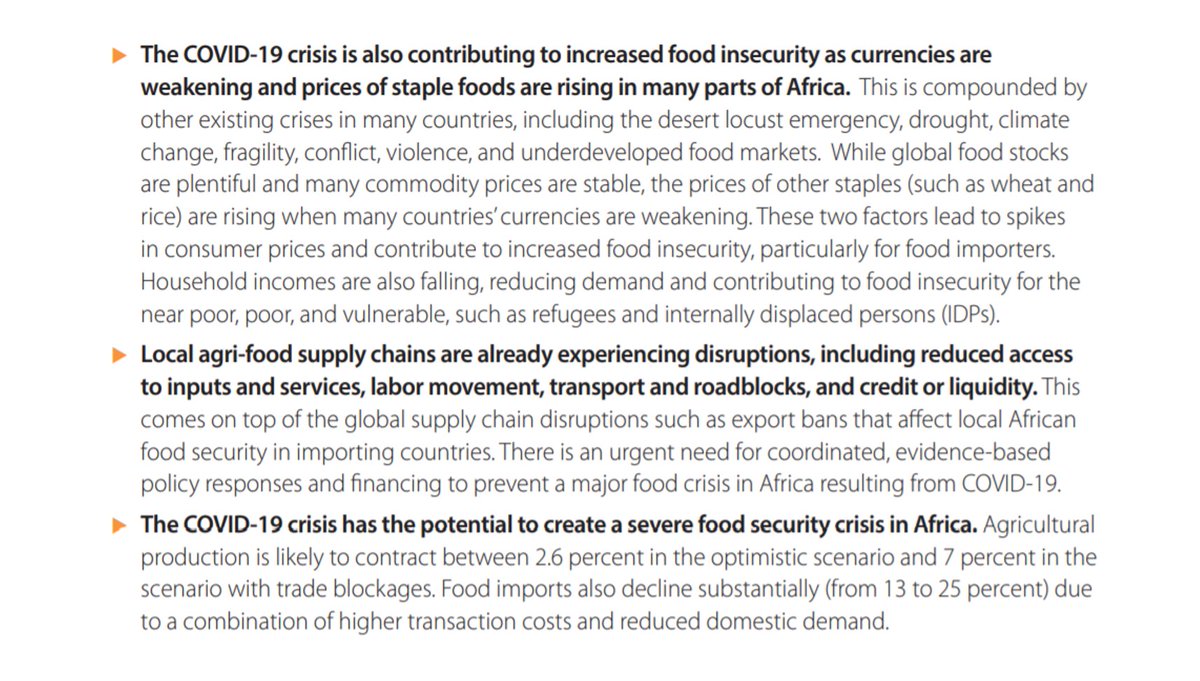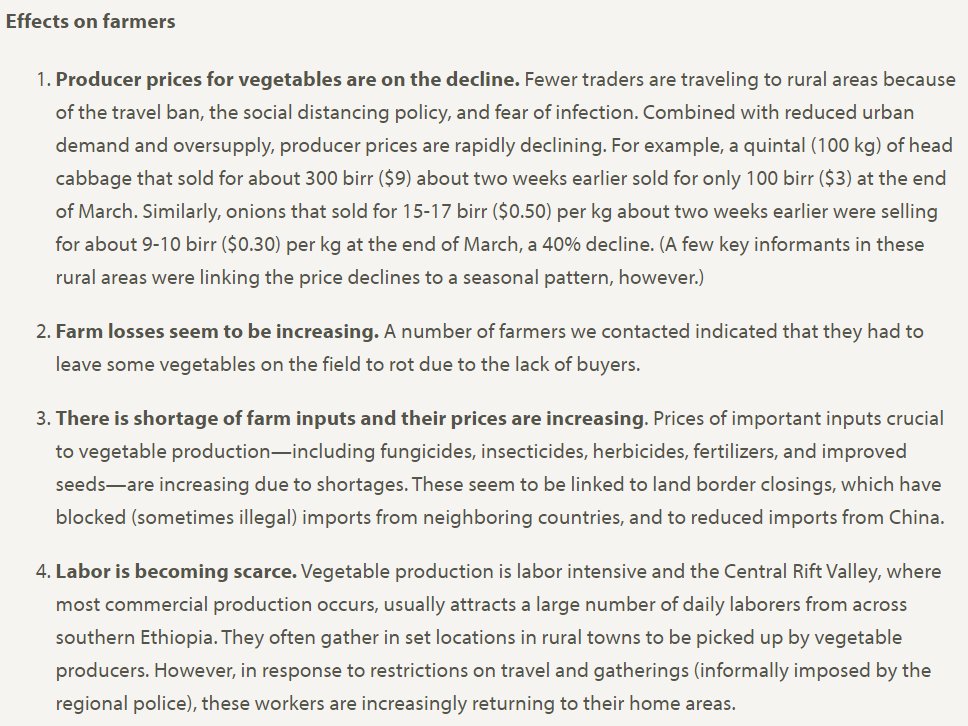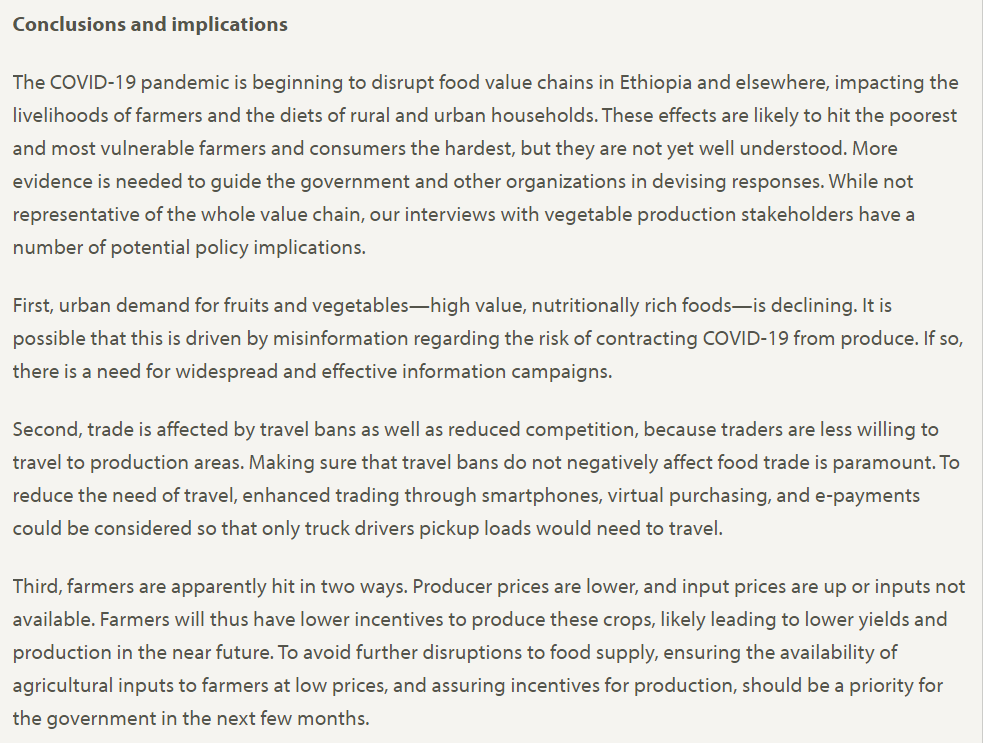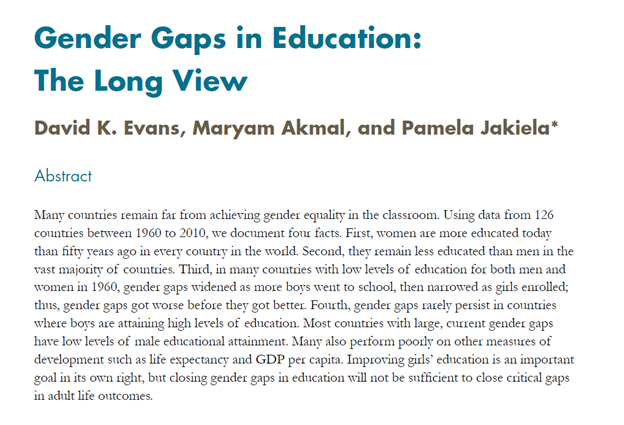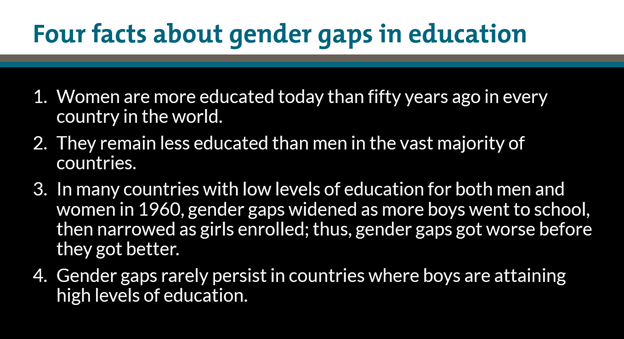
Who's in the mood for a Monday morning education research round-up?
Friday was the third and final day of the Research on Improving Systems of Education annual conference (#RISEConf2021)!
riseprogramme.org/events/rise-an…
In case you missed it, here’s a quick catch-up!
[thread]
Friday was the third and final day of the Research on Improving Systems of Education annual conference (#RISEConf2021)!
riseprogramme.org/events/rise-an…
In case you missed it, here’s a quick catch-up!
[thread]

Gabrielle Wills: “In 2020 grade 2 students lost between 57% and 70% of a year of learning relative to their pre-pandemic peers. Among a grade 4 sample, learning losses are estimated at between 62% and 81% of a year of learning” in South Africa. sciencedirect.com/science/articl… 







Moitshepi Matsheng (@Young1ove): While schools were closed during COVID-19 in Botswana, “SMS messages and phone calls with parents to support their child” improved “learning by 0.12 standard deviations.” Now being adapted in several other countries! nber.org/papers/w28205 





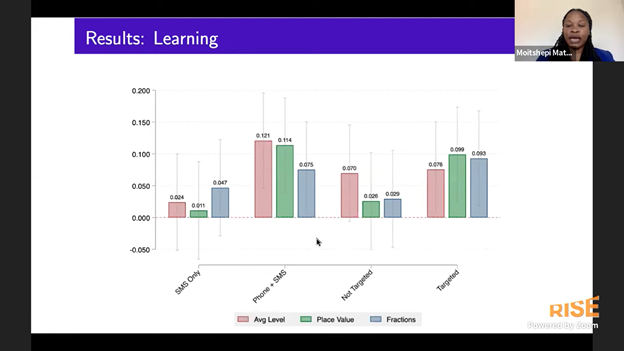

We didn’t present this at #RISEConf2021, but several collaborators and I recently tried a related intervention in Sierra Leone and did not find positive impacts. cgdev.org/blog/tech-plus… (with @leecrawfurd @susannahhares @JustinSandefur)
It will be exciting to see how the various adaptations of the Botswana trial in different countries work. By the end of this pandemic, hopefully we’ll know a lot more about what works and what doesn’t to reach out-of-school children.
Siddique: “Over-the-phone mentoring and homeschooling support delivered by volunteers” during pandemic school closures “improved the learning outcomes of treated children by 0.75 SD and increased homeschooling involvement of treated mothers by 0.64 SD.”
riseprogramme.org/sites/default/…



riseprogramme.org/sites/default/…


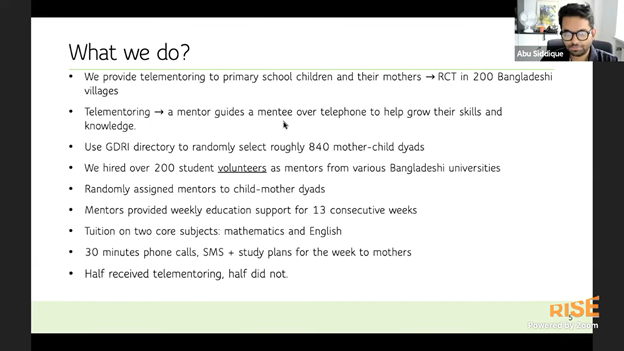

@atu_julius: “We find high levels of incoherence across all three instructional components… primary curriculum standards, national examinations, and actual teaching delivered in the classroom in Uganda and Tanzania.”
riseprogramme.org/publications/s…



riseprogramme.org/publications/s…




Joost de Laat: Experiments to improve instructional coherence found positive impacts of shortening teacher guides (Kenya), particularly for lowest performing students. Teaching students to set goals boosted math & science test scores for girls (Uganda).
riseprogramme.org/sites/default/…



riseprogramme.org/sites/default/…




@SinghAbhi: Scaling up Mindspark in schools in Rajasthan has sizeable effects on math and Hindi for students in grades 3-8 (not 1-2). 




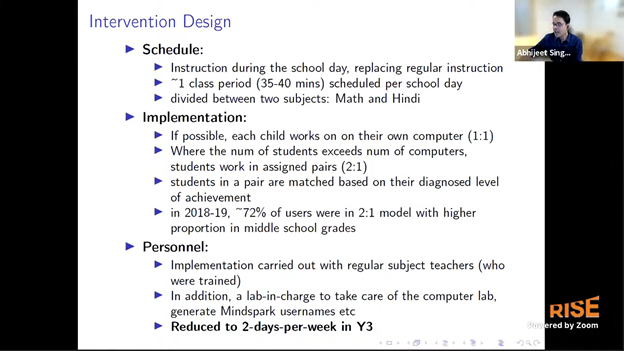


@DevyaniPershad: A catch-up program for students in Zambia, implemented by teachers after school hours, is associated with sizeable gains in reading ability among primary school students in Zambia, with some evidence of gains increasing as scale increases. 







Nourani: An intervention to train teachers in Uganda to post sharp questions, use evidence, frame specific hypotheses (i.e., think like scientists) increased the pass rate in the primary leaving exam by 24 percentage points! drive.google.com/file/d/1eUDenJ… 







Krutikova: Estimates of teacher value-added estimates for academic skills in Vietnam are relatively low, which is surprising given Vietnam’s high level of performance. 







@sabrinbeg: In Ghana, engaging school managers improved the effectiveness of training teachers in differentiated instruction. 



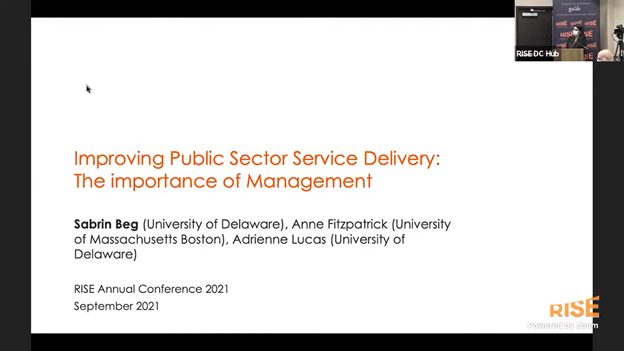



@GeetaKingdon: Many believe India has a major teacher shortage, with too high pupil-teacher ratios. Removing fake student enrollment suggests a surplus of 300,000+ teachers. A hypothetical rule improving teacher allocation to schools increases it further!
riseprogramme.org/publications/m…



riseprogramme.org/publications/m…
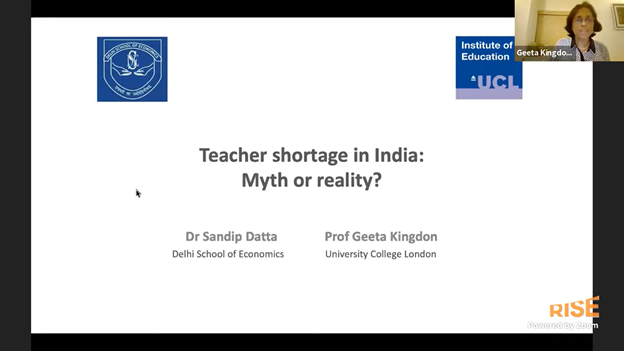



As usual, all of these results are available on the conference website. All screenshots are from publicly available YouTube videos embedded there. riseprogramme.org/events/rise-an… 

In case you missed my round-up of Day 1 of the conference here it is!
https://twitter.com/DaveEvansPhD/status/1441020438881132549
That was a great conference (despite the fact that I forgot to submit). Hopefully we'll see versions of the presentations that aren't yet papers in the coming weeks and months!
Have a great week!
Have a great week!
• • •
Missing some Tweet in this thread? You can try to
force a refresh











